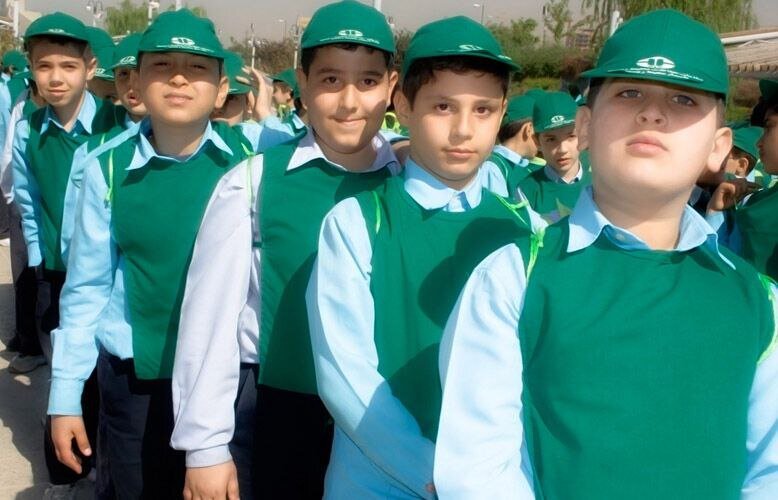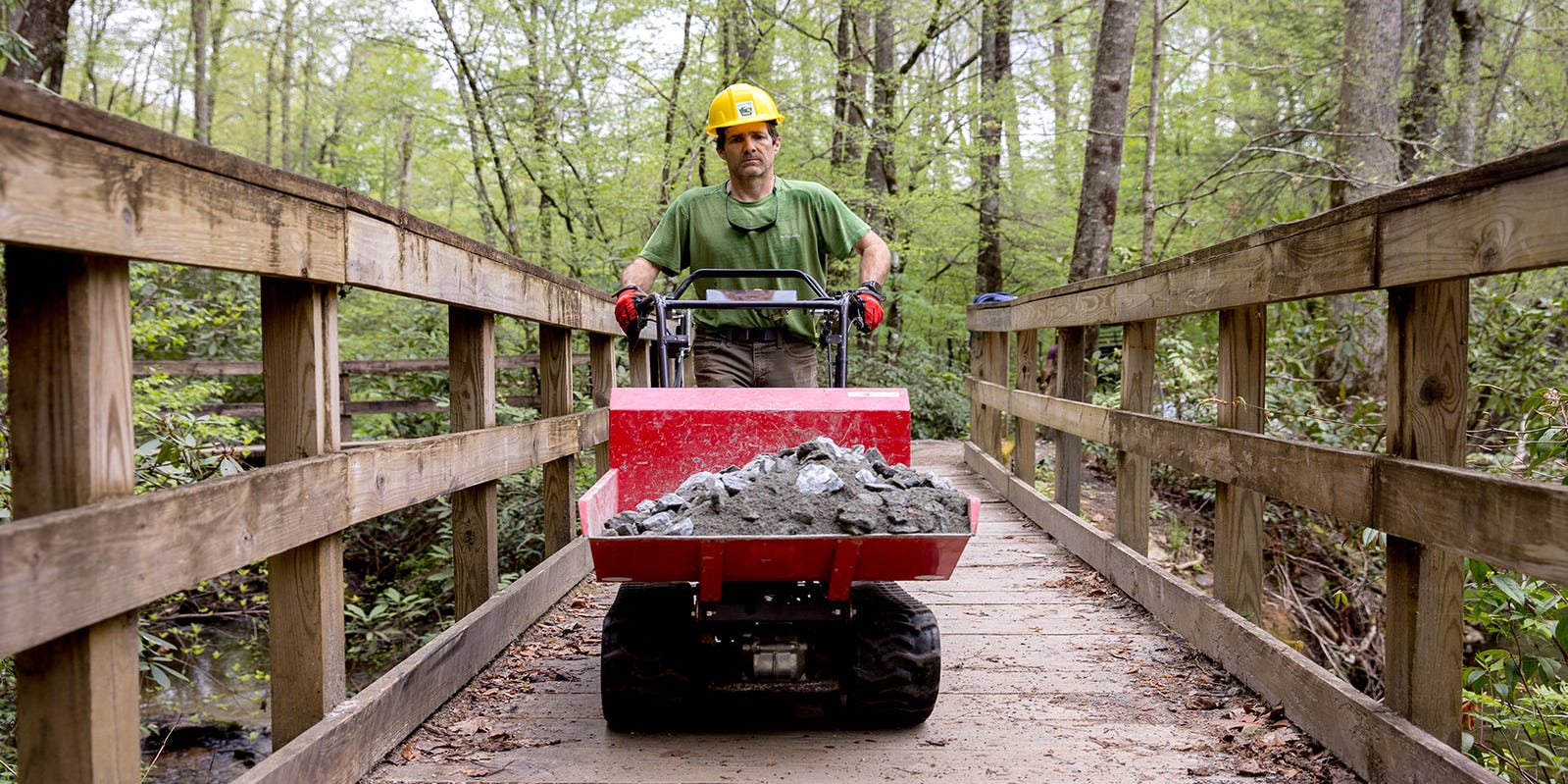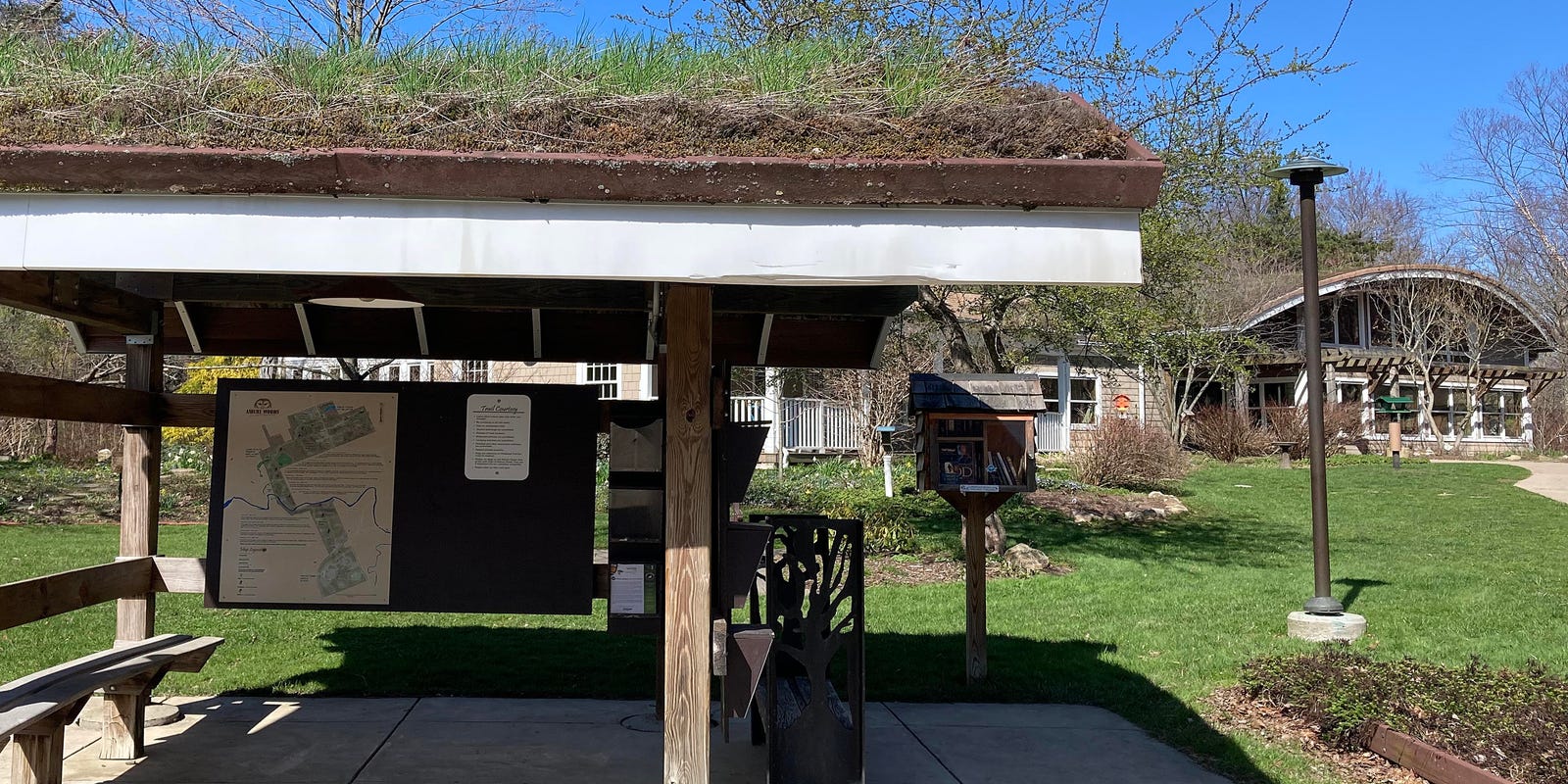Green Warriors in Training: How Elementary Schools Are Molding Future Environmental Champions

In a groundbreaking initiative to foster environmental awareness among young learners, Iran's Department of Environment (DOE) is set to launch an innovative national program targeting elementary school students. The ambitious project aims to cultivate a new generation of environmentally conscious citizens by training what they call "environmental helpers" across 20 percent of the country's primary schools.
Recognizing education as a powerful catalyst for environmental protection, the DOE is strategically investing in youth education to create lasting ecological impact. By empowering students with knowledge and practical skills, the program seeks to transform children into active advocates for sustainable practices and environmental conservation.
The comprehensive training will equip young students with essential insights into environmental challenges, teaching them practical ways to contribute to ecosystem preservation and promote eco-friendly behaviors in their communities. This forward-thinking approach not only educates children but also encourages them to become ambassadors of environmental stewardship.
As the program rolls out, it represents a significant step towards building a more environmentally aware and responsible future generation, demonstrating Iran's commitment to sustainable development and ecological education.








